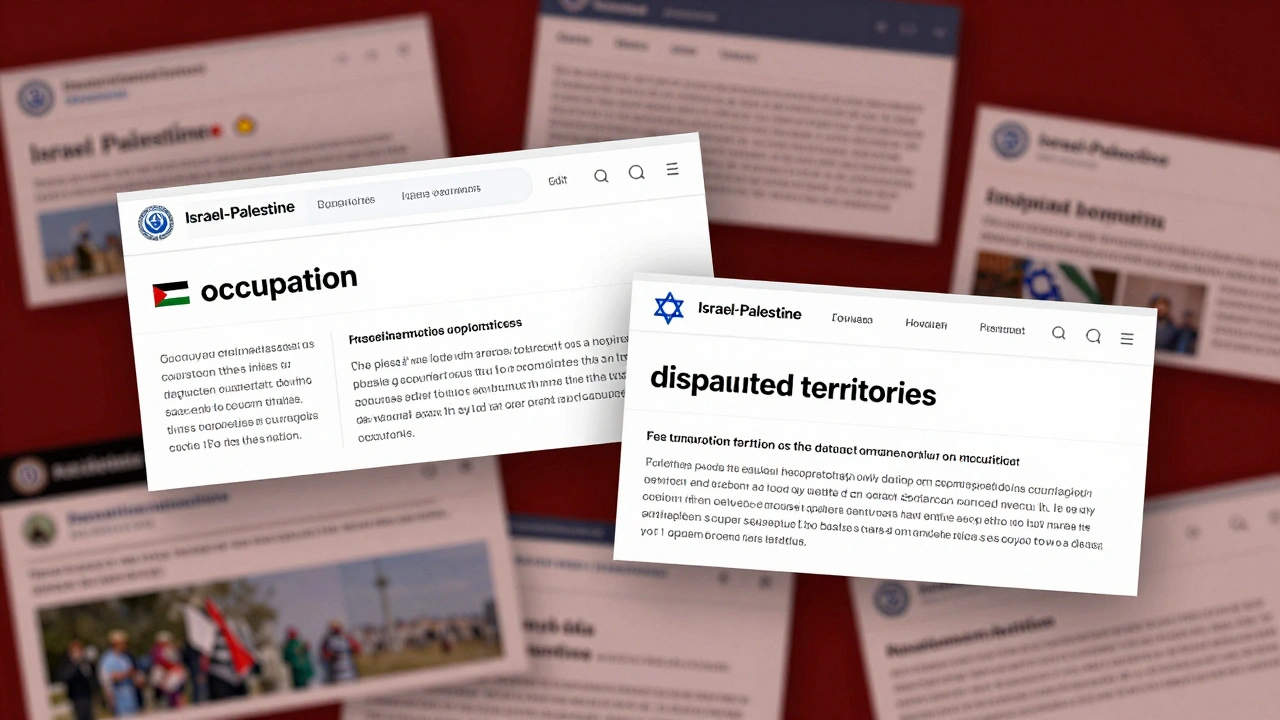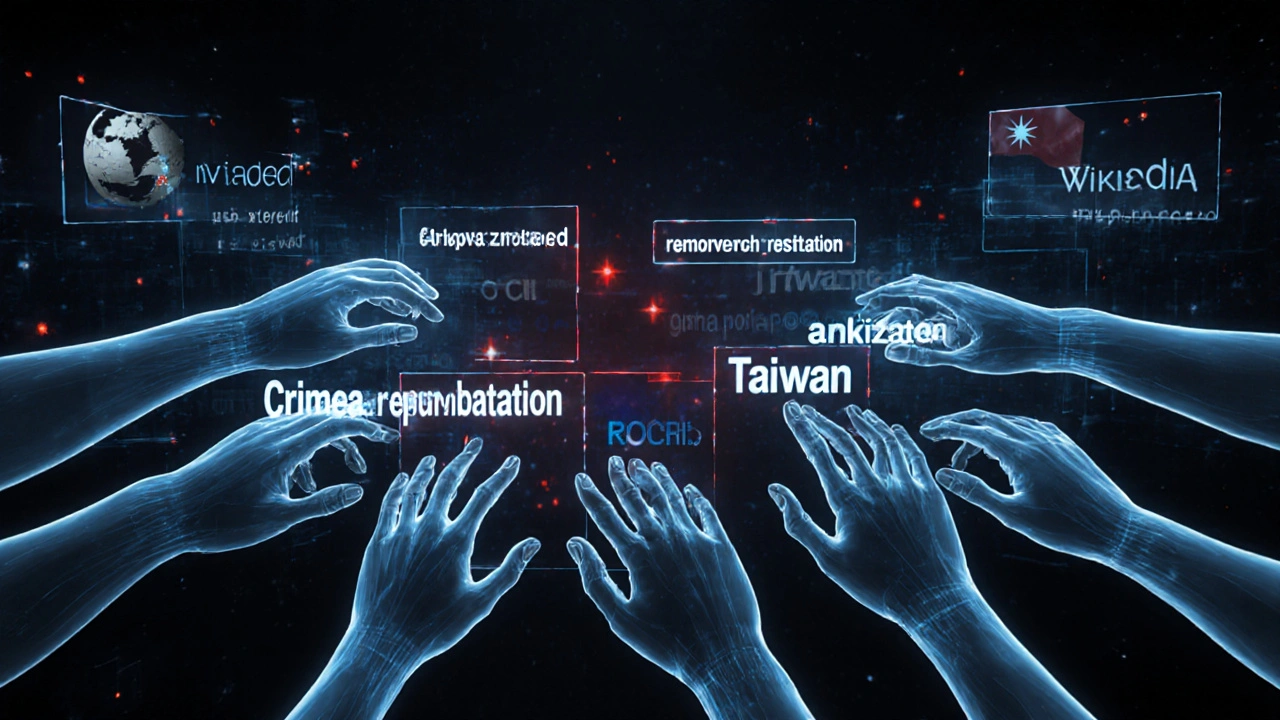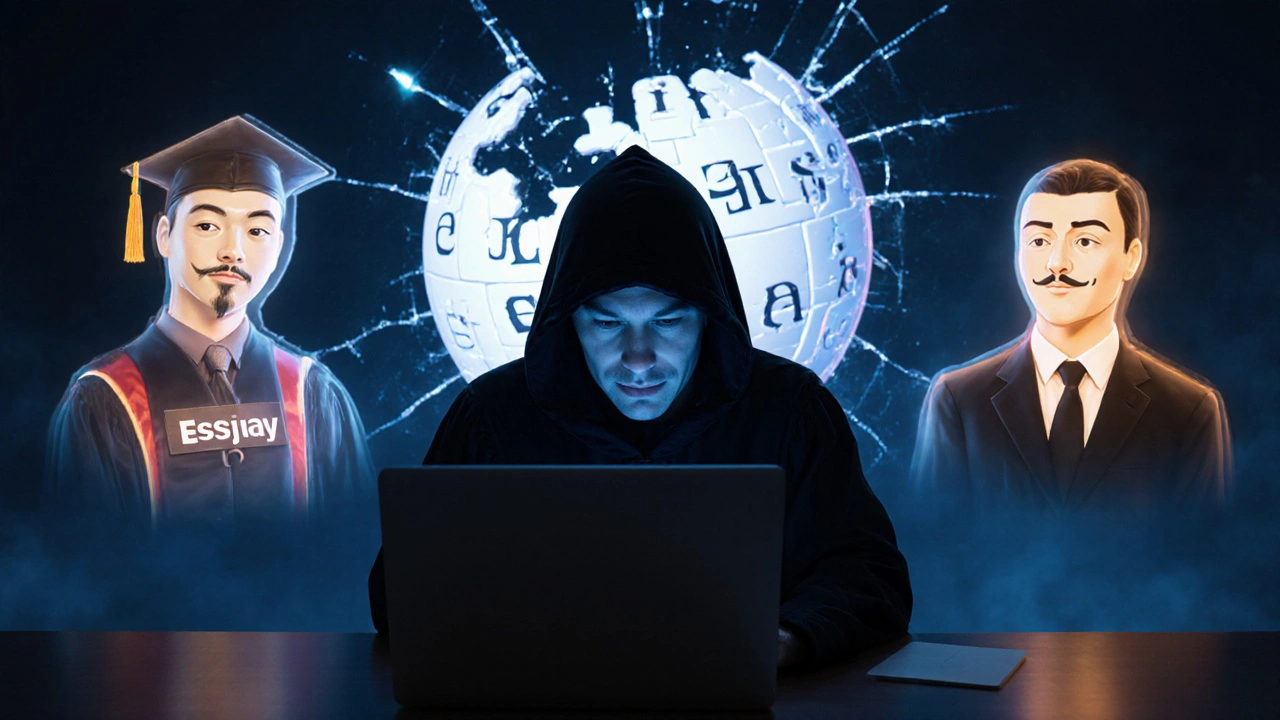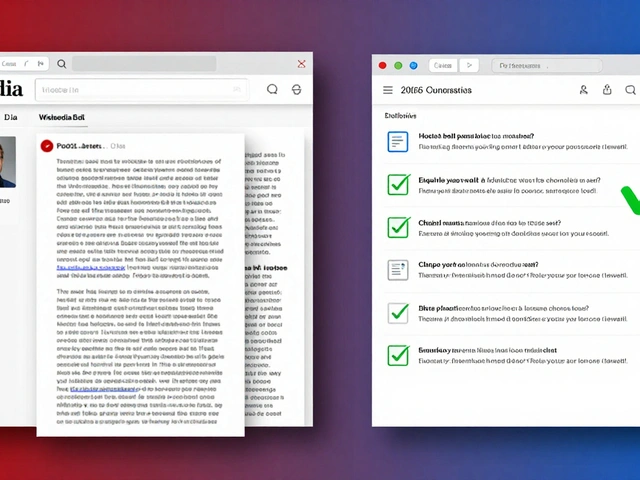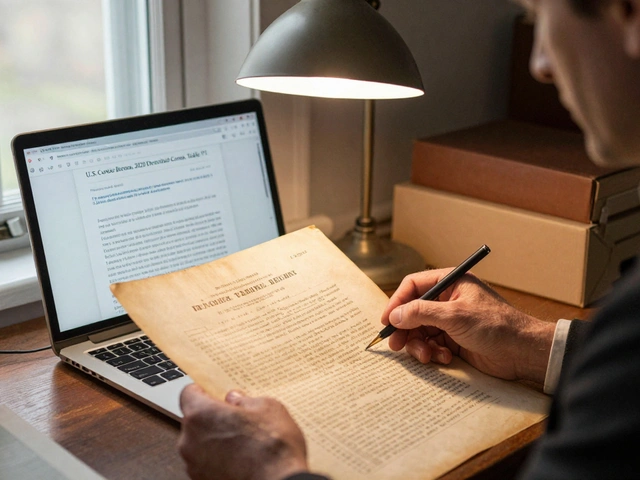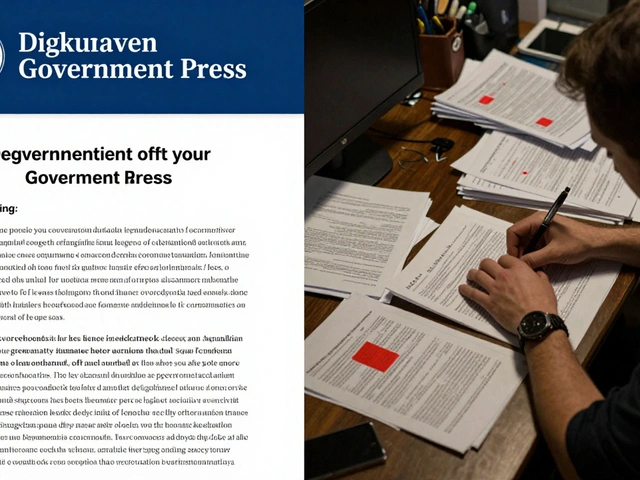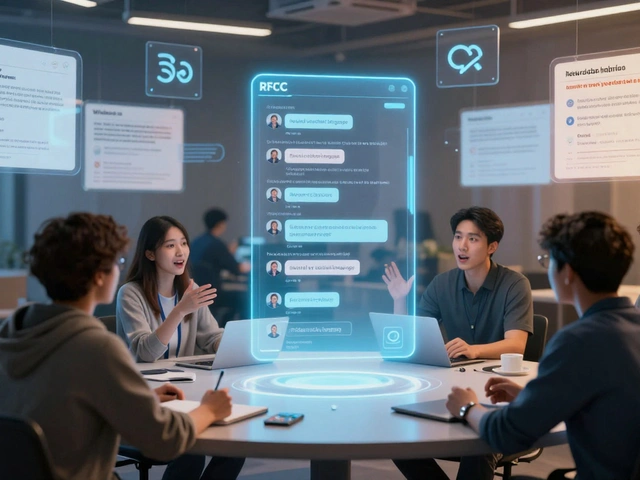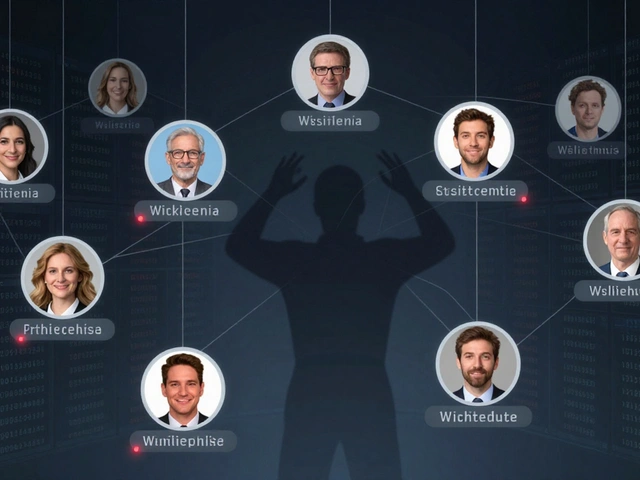Wikipedia edit wars: What they are, why they happen, and how to stop them
When two or more editors keep undoing each other’s changes on a Wikipedia article, that’s an edit war, a recurring conflict between editors over content, often fueled by bias, emotion, or conflicting interpretations of policy. Also known as editing disputes, it’s one of the most visible signs that Wikipedia’s collaborative system is under stress. These aren’t just technical disagreements—they’re human conflicts playing out in plain sight, often over topics like politics, history, or pop culture where people feel strongly.
Edit wars don’t happen in a vacuum. They’re usually triggered by Wikipedia policies, the formal rules that guide how content should be written, sourced, and balanced on the site, being interpreted differently. One editor might cite a reliable source to support a claim, while another insists the source is biased or outdated. Without clear consensus, edits get reverted, talk pages fill up with arguments, and articles become battlegrounds. This is where consensus building, the quiet, deliberate process of finding common ground through discussion, evidence, and patience becomes critical. The most effective editors don’t win by rolling back changes—they win by listening, citing policy, and guiding others toward neutral language.
What makes edit wars dangerous isn’t just the back-and-forth—it’s the erosion of trust. When editors feel attacked or ignored, they stop contributing. Readers notice when articles feel unbalanced or full of conflicting claims. That’s why Wikipedia has tools like dispute resolution, a structured process involving mediators, third opinions, and arbitration to calm heated conflicts. But most edit wars never reach that stage. They’re solved in the trenches—by editors who step back, check the policy, and ask: "What would make this better for readers?"
Behind every edit war is a deeper issue: who gets to define truth on Wikipedia? Is it the loudest voice? The most frequent editor? Or the one with the best sources? The answers aren’t always clear, but the system tries to balance them through policy, not power. That’s why understanding edit wars isn’t just about avoiding conflict—it’s about learning how to build better, more reliable articles together.
Below, you’ll find real stories and practical advice from editors who’ve been in the middle of these fights. From how to de-escalate a heated talk page to how to use Wikipedia’s own tools to track changes and find common ground, these posts show you how to turn conflict into collaboration.
Persistent Dispute Areas on Wikipedia: Israel-Palestine, US Politics, and Russia
Wikipedia's most contentious pages-Israel-Palestine, US politics, and Russia-are battlegrounds of competing narratives. Learn how edit wars shape what you read, why neutrality is so hard, and how to spot reliable information.
Geopolitical Edit Wars on Wikipedia: High-Profile Cases
Wikipedia's open-editing model is being exploited in geopolitical edit wars, where nations and groups manipulate articles on Ukraine, Taiwan, Partition, and Iraq to control global narratives. These battles shape how history is remembered.
Major Wikipedia Controversies Throughout History: Timeline
Wikipedia has faced major scandals from fake identities and corporate manipulation to political censorship and bias. This timeline covers the biggest controversies that shaped the world's largest encyclopedia.
